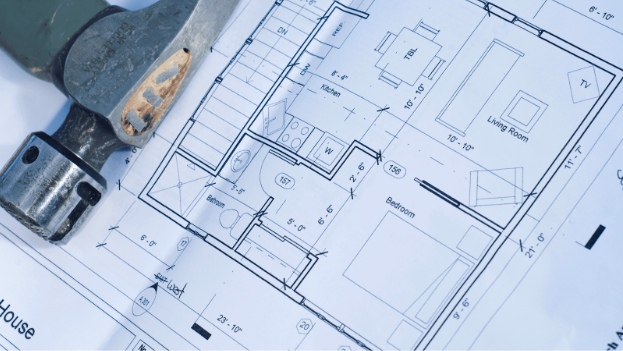Planning permission can be a daunting hurdle for property owners looking to make changes to their land or buildings. Whether you’re considering an extension, renovation, or new construction, navigating the planning process is essential. In this step-by-step guide, McPartland & Sons breaks down the process of obtaining planning permission, helping you understand the necessary steps and considerations involved.
Understanding the Planning System in Northern Ireland
Before diving into the planning process, it’s crucial to grasp the planning system in Northern Ireland. The planning process is overseen by local councils, which assess and decide on planning applications. Each council operates under regional planning policies and guidelines set out by the Department for Infrastructure.
Initial Research and Preparation
Begin by conducting thorough research into planning regulations and policies relevant to your property’s location. Identify any local development plans or conservation areas that may impact on your proposal. Consider consulting with a solicitor or planning consultant to gain expert advice on the specific requirements and feasibility of your project.
Pre-Application Consultation
Engage in pre-application consultation with your local planning authority. This involves discussing your proposal with planning officers to gain feedback and advice before formally submitting your application. Pre-application consultation can help identify potential issues early on and streamline the planning process.
Preparing Your Planning Application
Gather all necessary documentation and information required for your planning application. This typically includes detailed drawings, site plans, supporting documents, and a completed application form. Ensure that your application complies with all relevant planning policies and guidelines to increase the likelihood of approval.
Submitting Your Application
Once your application is complete, submit it to your local planning authority along with the required fee. Be prepared to wait several weeks or months for a decision, depending on the complexity of your proposal and the workload of the planning department.
Public Consultation and Comment
Your planning application may be subject to a period of public consultation, during which neighbouring property owners and interested parties can submit comments or objections. It’s essential to address any concerns raised during this process and work with the planning authority to resolve any issues.
Decision Time
After the consultation period, the planning authority will review your application and any feedback received before making a decision. This decision will be communicated to you in writing, outlining whether your application has been approved, approved with conditions, or refused.
Appealing a Decision
If your application is refused or approved with conditions you disagree with, you have the right to appeal the decision to the Planning Appeals Commission. The appeals process involves a formal review of your application by an independent body, which will consider all relevant evidence before making a final decision.
Implementation and Compliance
If your planning application is approved, ensure that you adhere to any conditions attached to the permission. This may include deadlines for commencing development, restrictions on construction methods, or requirements for landscaping and environmental mitigation measures.
Seeking Legal Advice
Throughout the planning process, it’s advisable to seek legal advice from a solicitor specialising in planning law. A solicitor can provide invaluable support and guidance, helping you navigate the complexities of the planning system and maximize the chances of a successful outcome for your project.
With careful planning and preparation, McPartland & Sons Solicitors can help you turn your vision for your property into a reality while complying with all relevant planning regulations and requirements. Contact our team for more information.
Related blogs:

